PsychNewsDaily Publishers
100 Summit Drive
Burlington, MA, 01803
Telephone: (320) 349-2484
PsychNewsDaily Publishers
100 Summit Drive
Burlington, MA, 01803
Telephone: (320) 349-2484
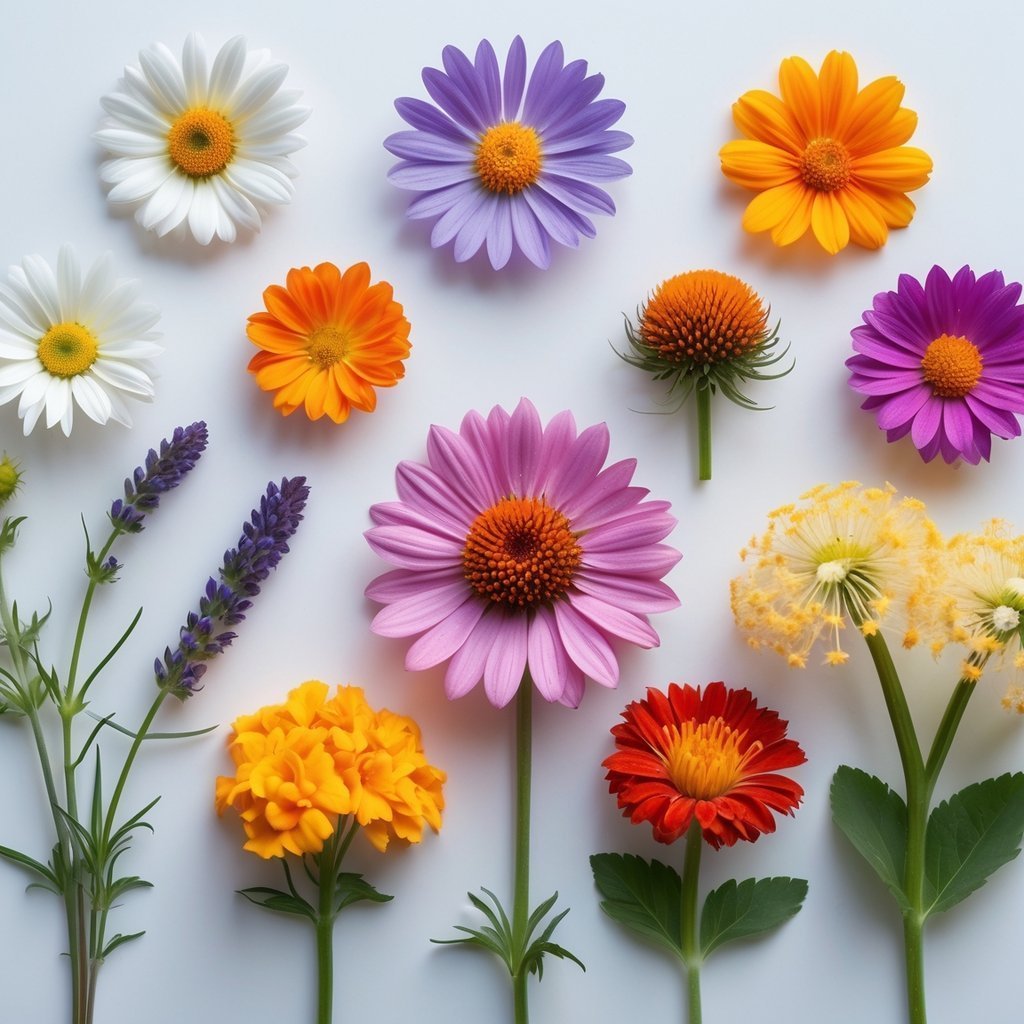
Did you know that some of the flowers you see every day can do a lot more than just look pretty? Turns out, many common blooms have natural healing powers that people have trusted for ages.
These flowers offer gentle, natural ways to support your health. Honestly, it’s kind of amazing how much nature has to offer if you know what to look for.
If you know which flowers have medicinal qualities, you can actually use them safely in your daily life. Whether you want to ease minor aches or just boost your wellness naturally, these flowers are worth a closer look—and maybe even a spot in your garden.
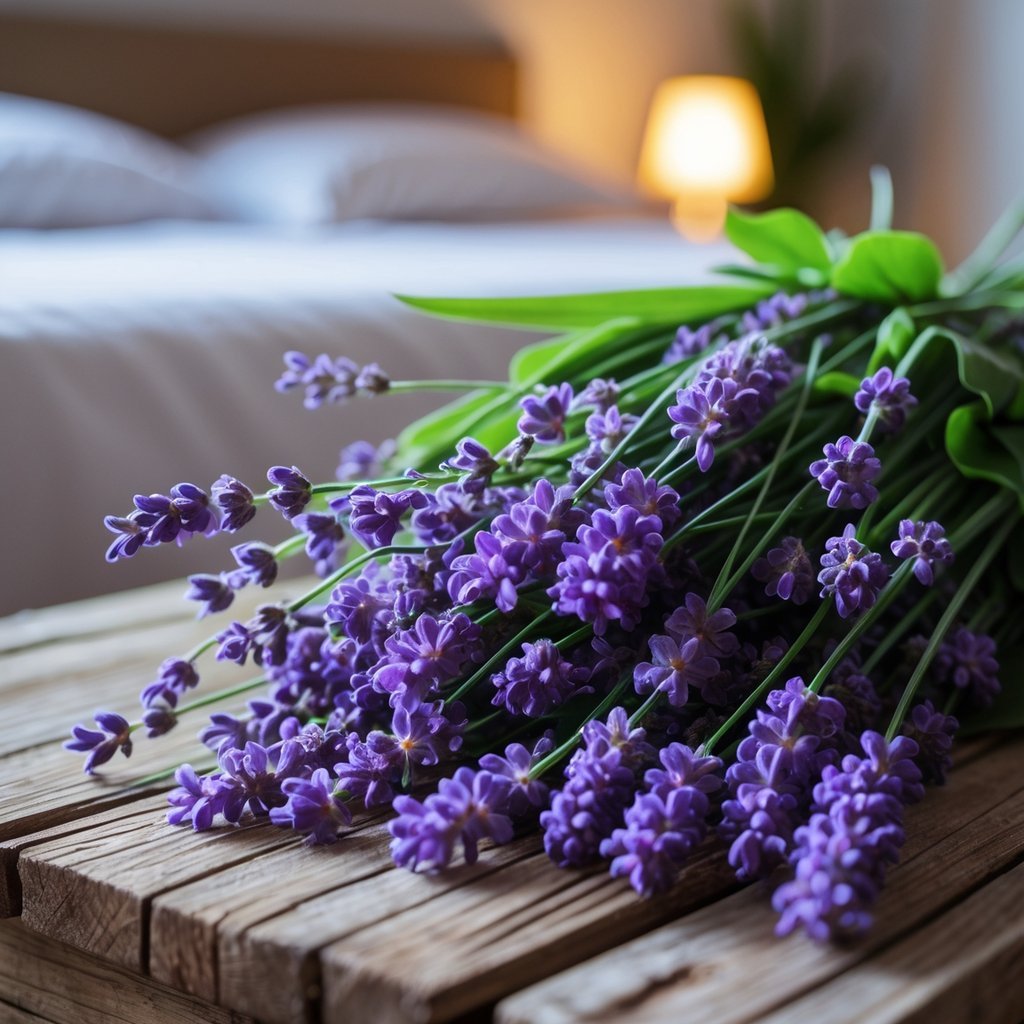
Lavender is famous for its calming effects. Smelling lavender or sipping lavender tea can help take the edge off stress and anxiety.
Natural oils in lavender, especially linalool, work on your nervous system. That’s why you might feel a bit more relaxed or even notice a mood boost.
Try using lavender before bed. People often spray it on pillows or toss it in bath salts to help make bedtime a little more peaceful.
It’s a simple way to help manage stress and maybe even sleep a bit better.
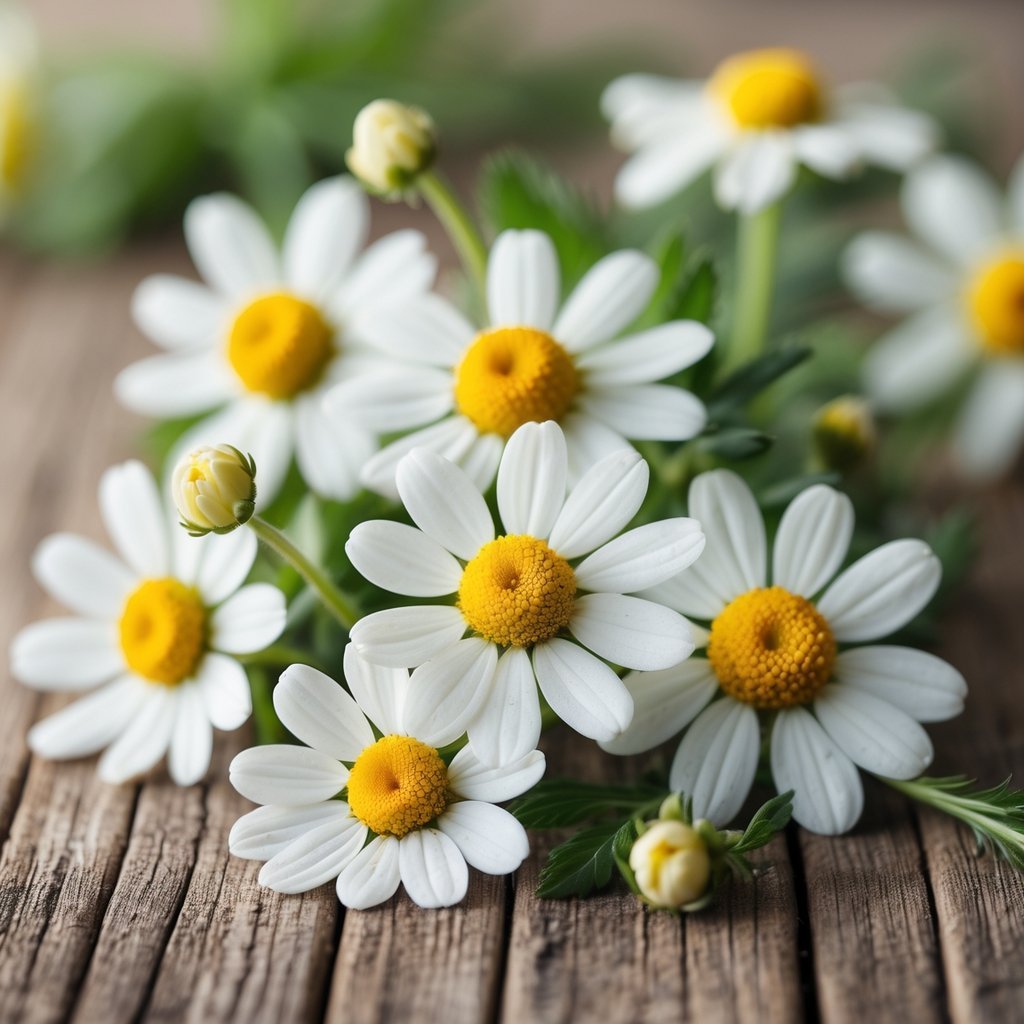
Chamomile is a gentle flower that can calm your stomach. If bloating, cramps, or indigestion bother you, try drinking chamomile tea—it really can help.
It relaxes the muscles in your digestive system. Plus, chamomile is known for its ability to ease stress and anxiety.
A warm cup of chamomile can calm your nerves and help you unwind. Some folks even find it helps them sleep if they drink it before bed.
This flower has a long history as a natural soother for both body and mind. Adding chamomile tea to your routine is a low-effort way to support your health.
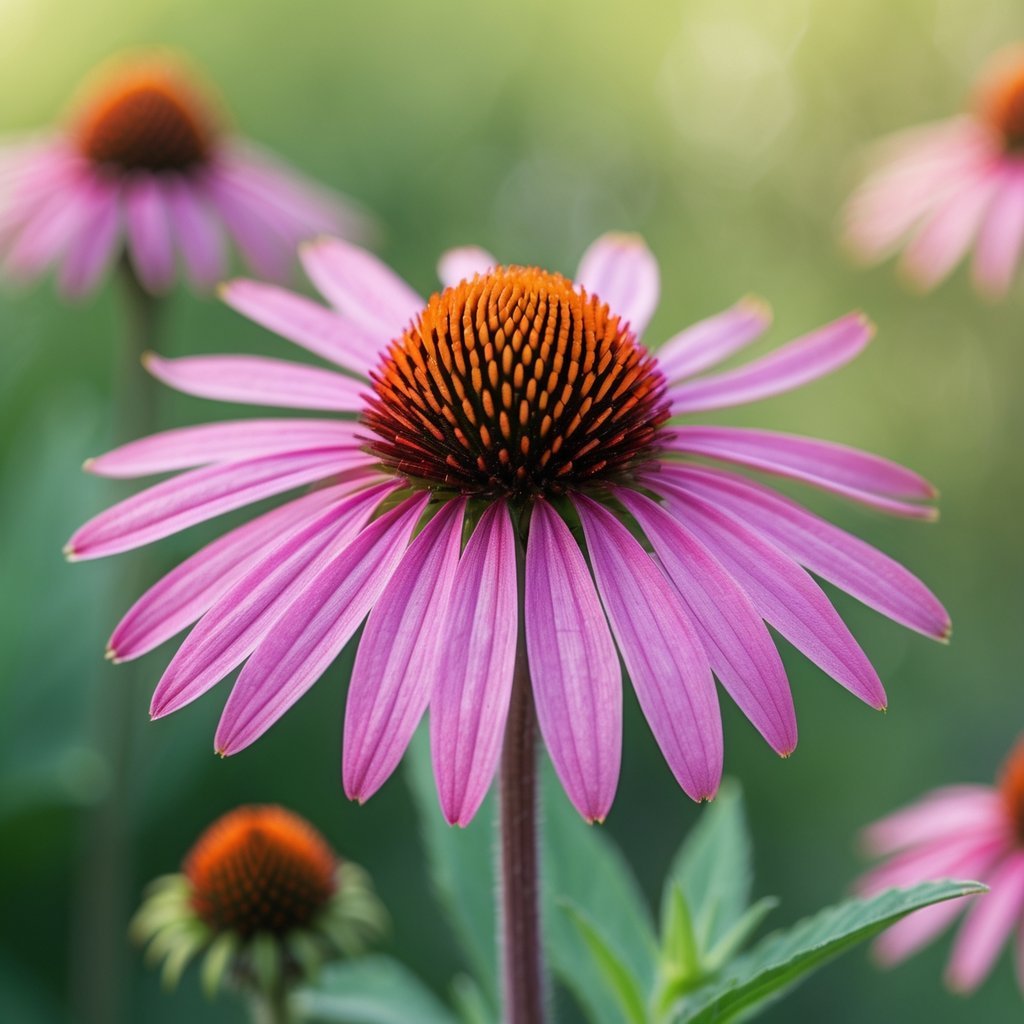
Echinacea can give your immune system a little boost. People have used this flower for ages to help with colds and other respiratory bugs.
Natural compounds in echinacea may help reduce inflammation and kick your body’s defenses into gear. That might make it easier to bounce back from a cold or the flu.
While echinacea won’t cure you, it could shorten your sick days or make symptoms less annoying. Many folks use it as tea or in supplements when they start feeling under the weather.
Stick with the recommended dosage if you try echinacea. It’s usually safe, but check with your doctor if you have allergies or health issues.
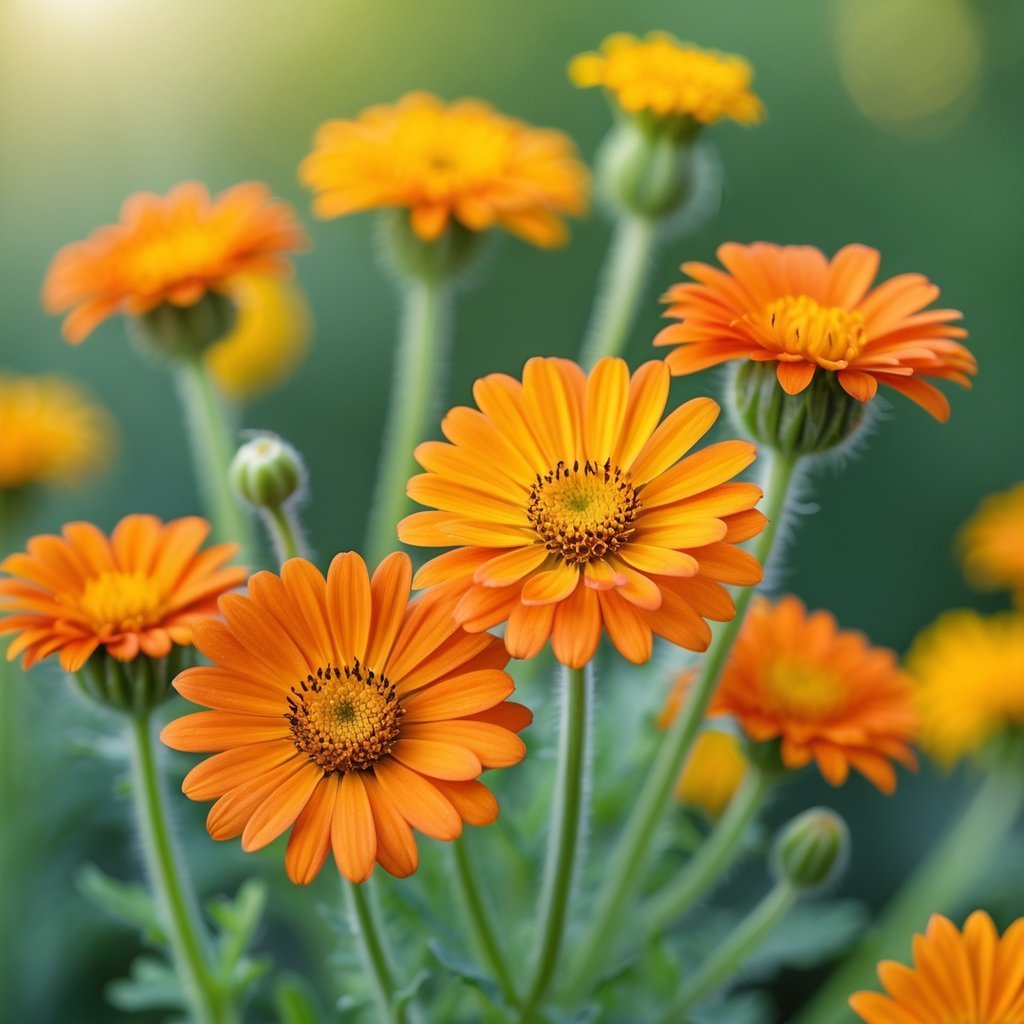
Calendula can help heal cuts and scrapes. Its natural compounds support skin repair and calm redness around wounds.
When you put calendula on your skin, it may lower swelling and keep the area protected from infection. People have turned to this flower for centuries to soothe irritated skin.
If you have a minor burn or rash, calendula might ease the discomfort. Lots of folks keep it in creams or ointments for their skin care needs.
It’s pretty easy to use, and it’s a handy natural addition to your first aid kit. Just avoid it if you’re allergic to similar plants.
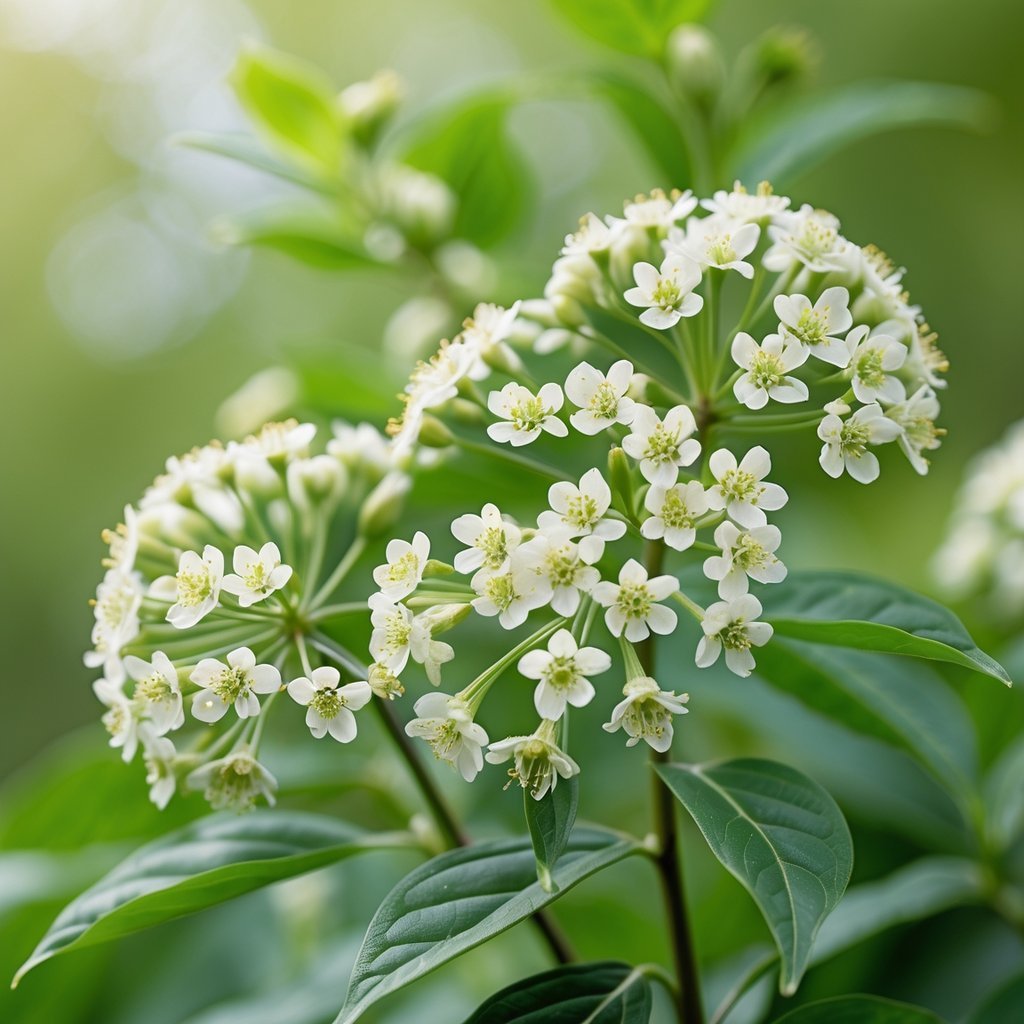
Elderflower can help you with common breathing troubles. It’s known to soothe coughs, clear congestion, and make cold or flu symptoms less miserable.
Elderflower acts as a natural decongestant. It helps clear out mucus from your nose, lungs, and sinuses, so breathing feels easier.
Drinking elderflower tea or using elderflower syrup might give your immune system a little support. That can help your body fight off whatever’s causing those respiratory issues.
It also has mild anti-inflammatory effects, which means it can ease swelling and irritation in your throat and airways.
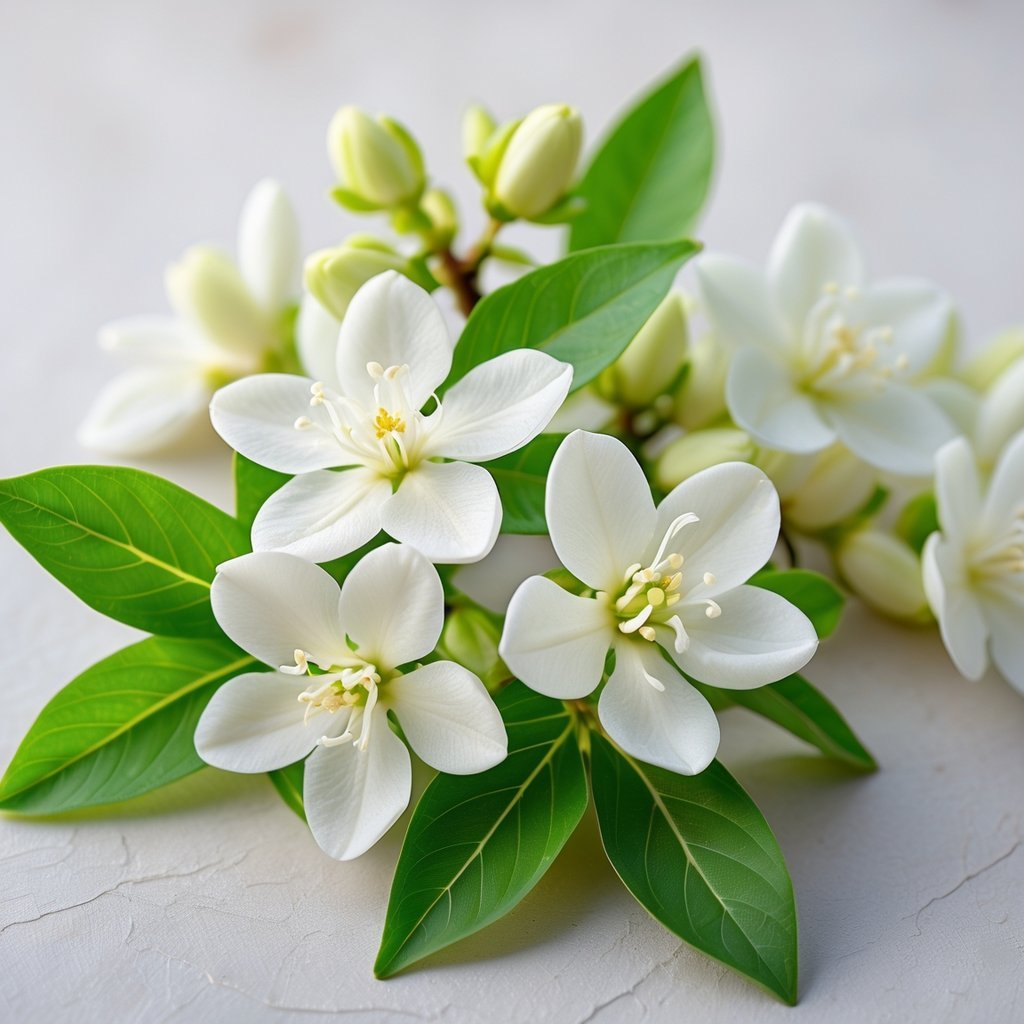
Keeping a jasmine plant in your room can help bring down anxiety and stress. The sweet scent of jasmine is genuinely calming—it just feels nice.
Breathing in jasmine’s fragrance might lift your mood and help with symptoms of depression. It works by boosting serotonin, the chemical in your brain that helps you feel good.
Jasmine can even help you sleep better by easing negative emotions and bringing a sense of calm. Just having the plant nearby or using jasmine oil can make your space feel more peaceful.
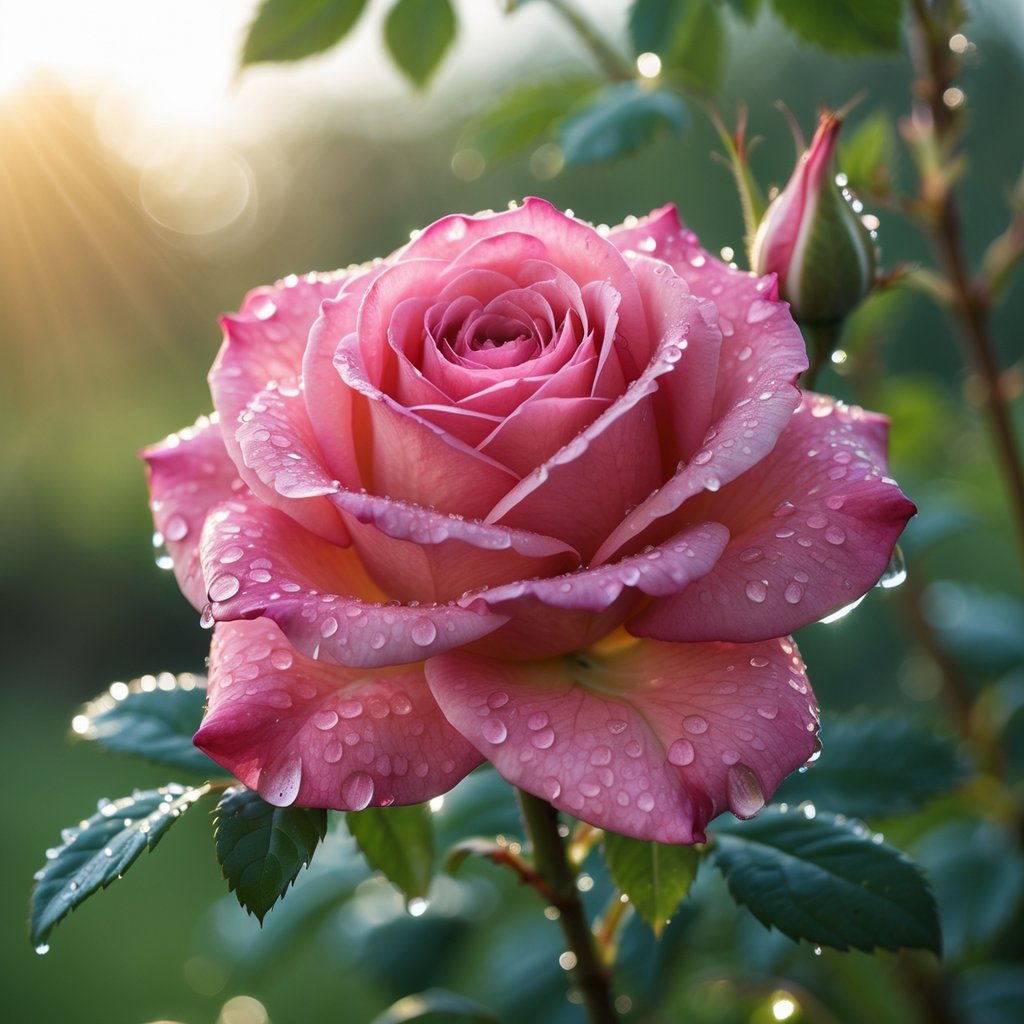
Rose petals or rose oil can help with headaches. The scent of roses has a calming effect that might reduce stress and headache pain.
Roses also work wonders for your skin. Rose water and rose oil soothe irritation and help your skin stay hydrated.
Natural antioxidants in roses protect your skin from damage. Using rose products regularly could help your skin look fresher and feel softer.
If you want to relax and take care of your skin at the same time, try adding rose tea or rose-scented products to your routine. It’s a simple, enjoyable way to do both.
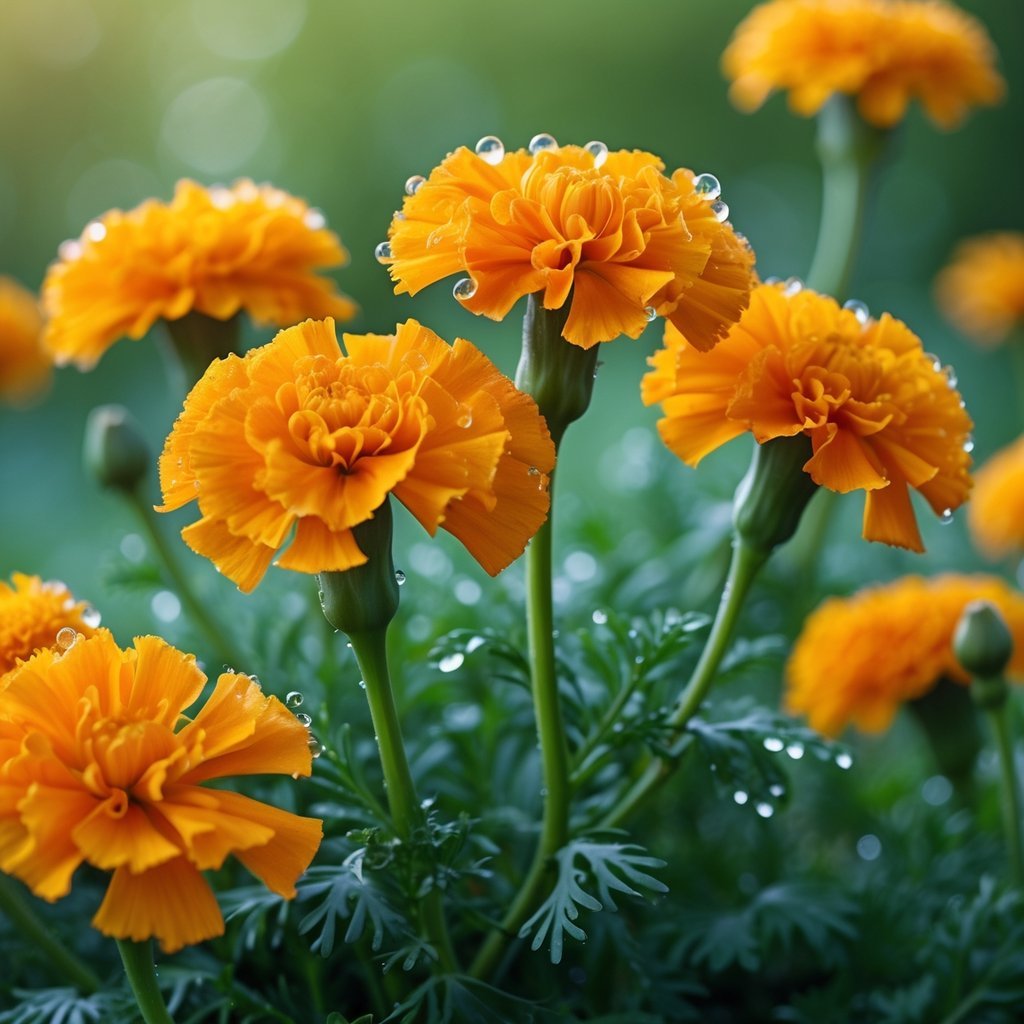
You probably recognize marigolds for their bold, sunny colors. But honestly, these flowers do a lot more than just brighten up your garden.
Marigold extracts can calm inflammation and help your skin fight off infections. People often reach for them to treat small wounds, burns, or those annoying skin irritations.
If you try marigold ointments or creams, you’ll notice they support your skin’s own repair process. The flower’s antioxidants and other helpful compounds can soothe swelling and redness, which is pretty handy.
Some folks even use marigold for easing muscle cramps or giving their immune system a little nudge. It’s not just about the skin—there’s a bit of versatility here.
Marigolds are gentle, easy to find, and just feel like a natural fit for skin care routines. Still, it’s smart to check for allergies before slathering marigold products on your skin.